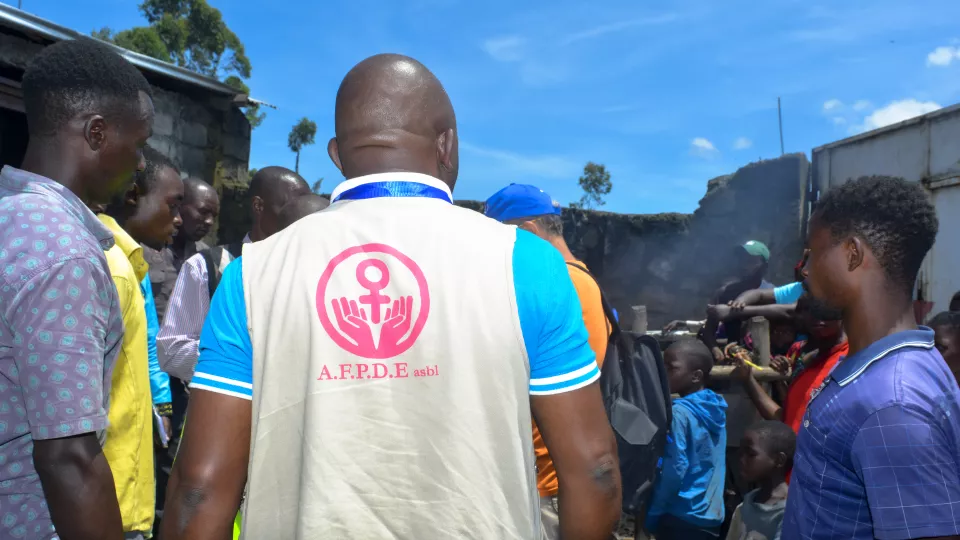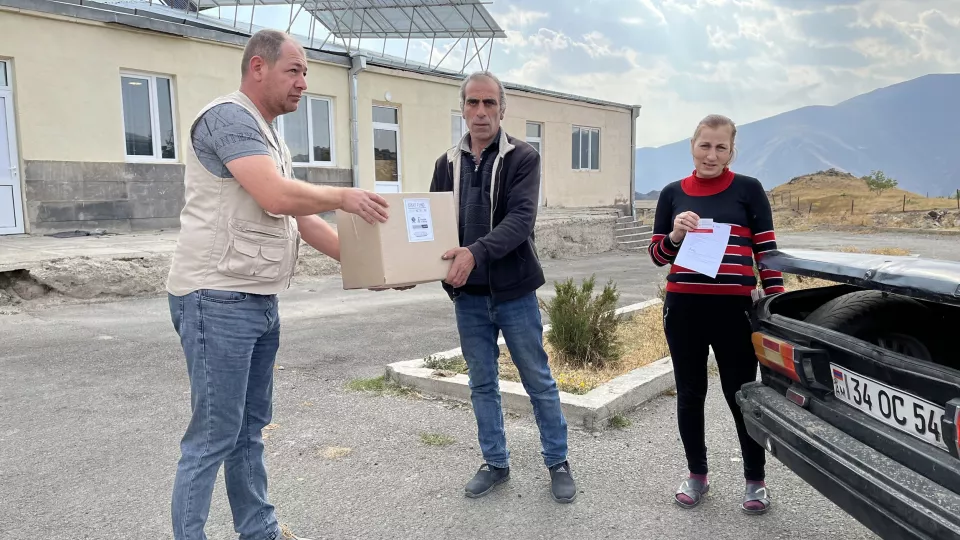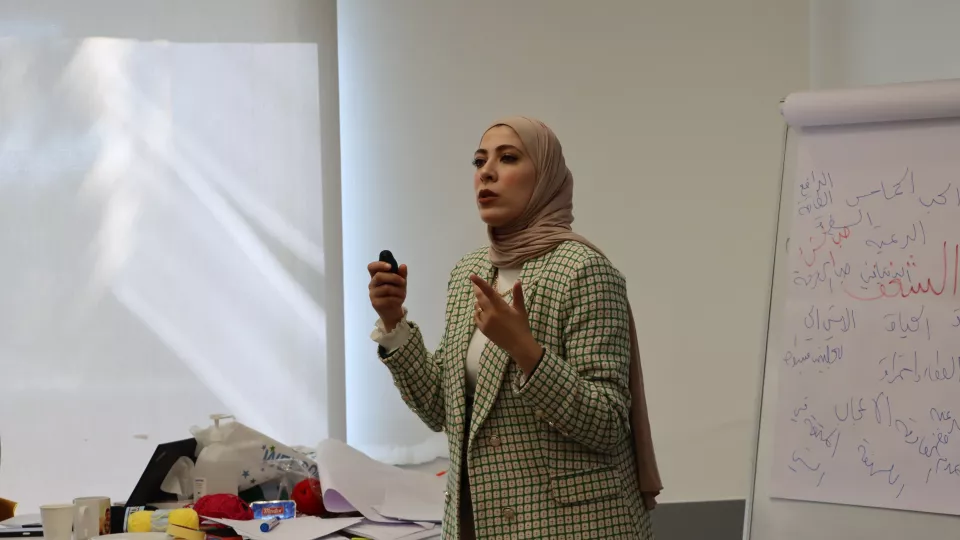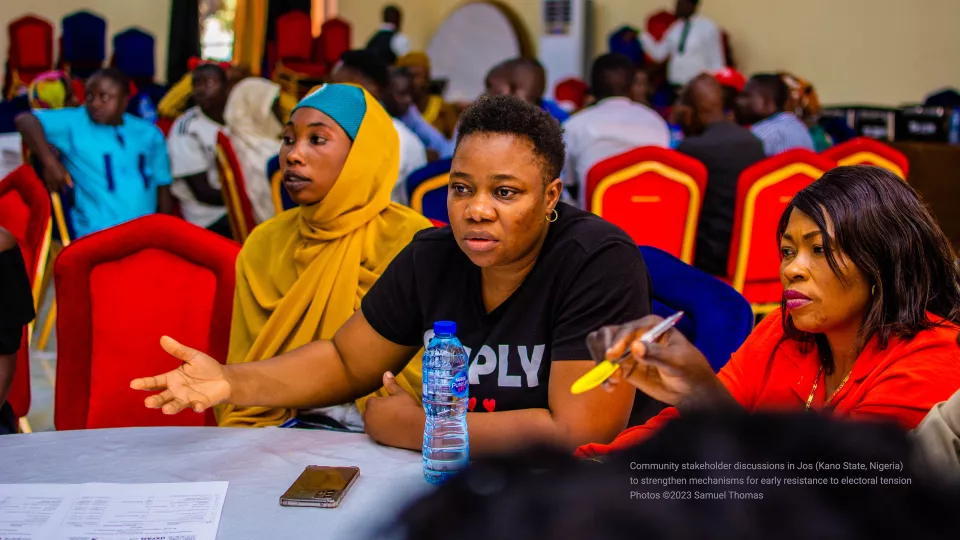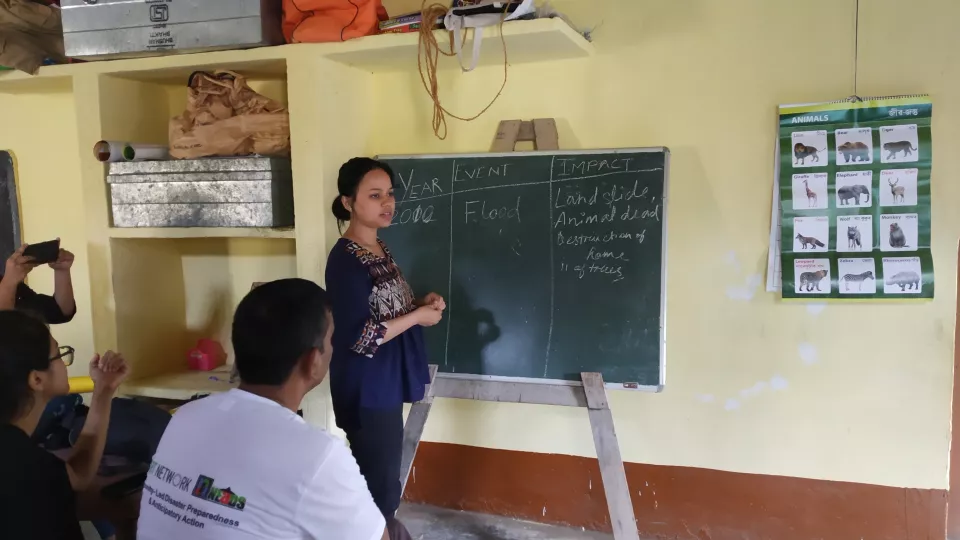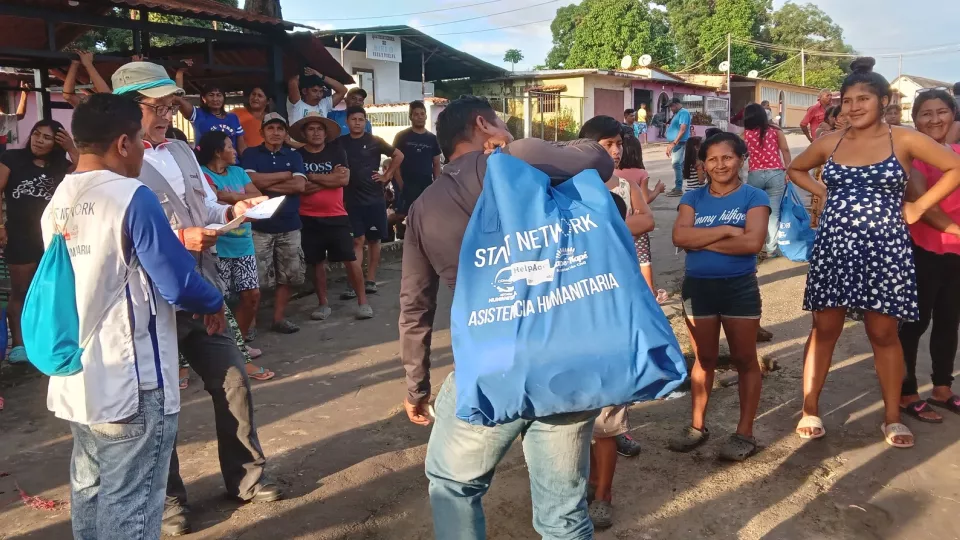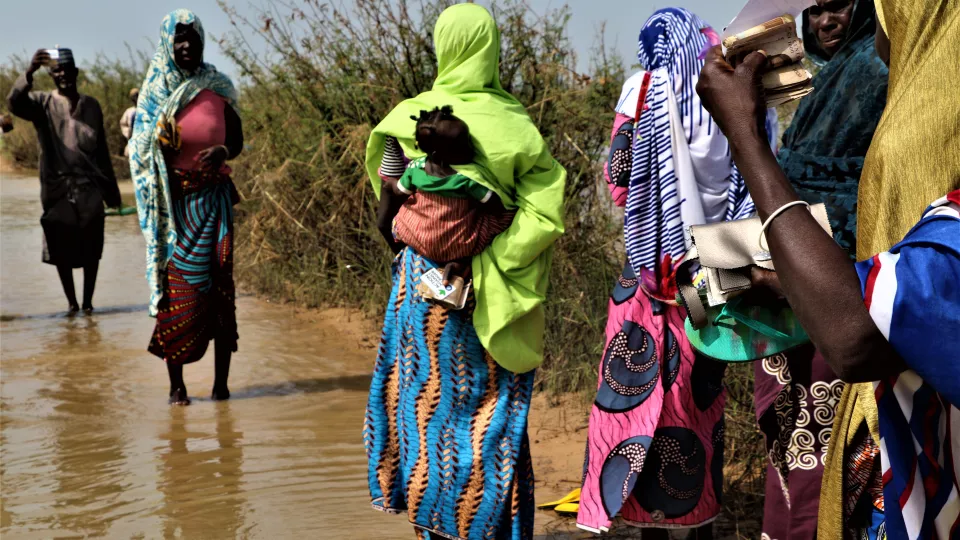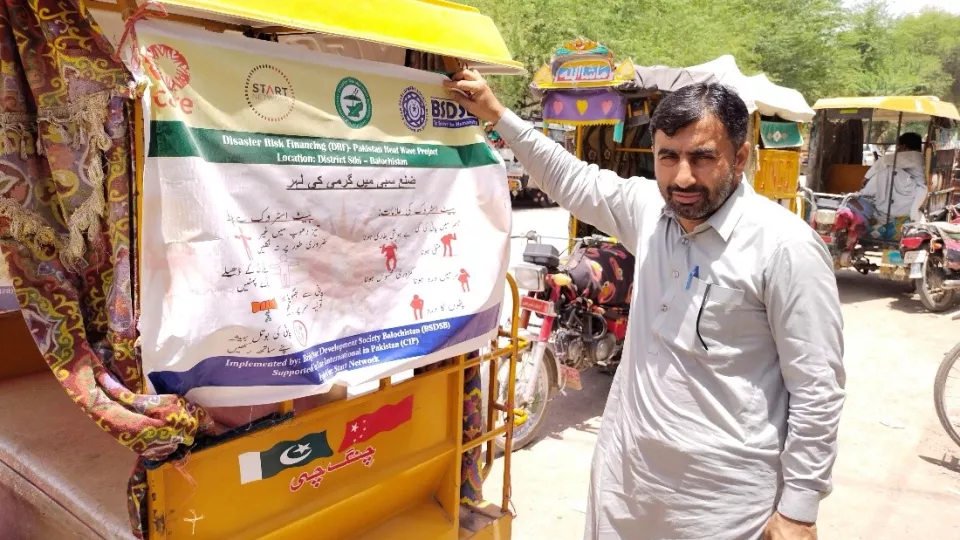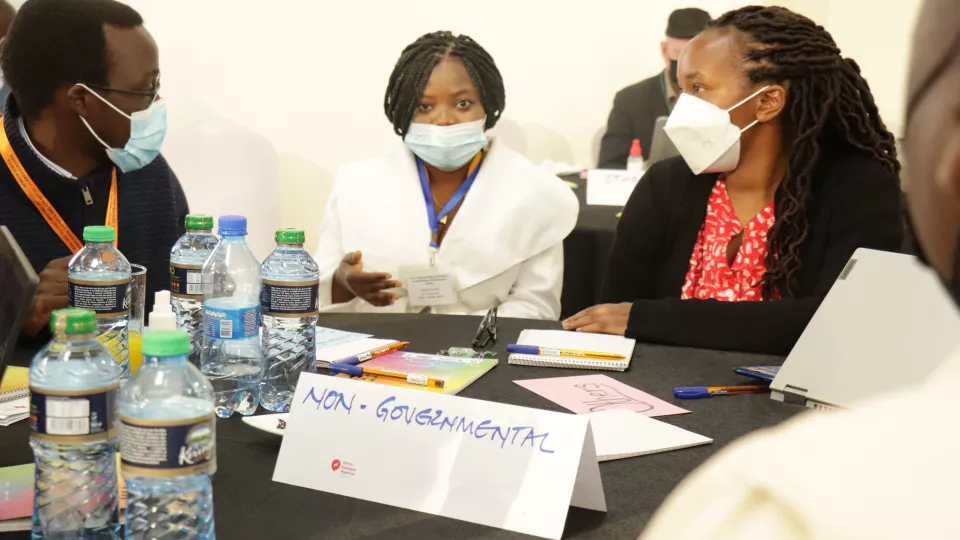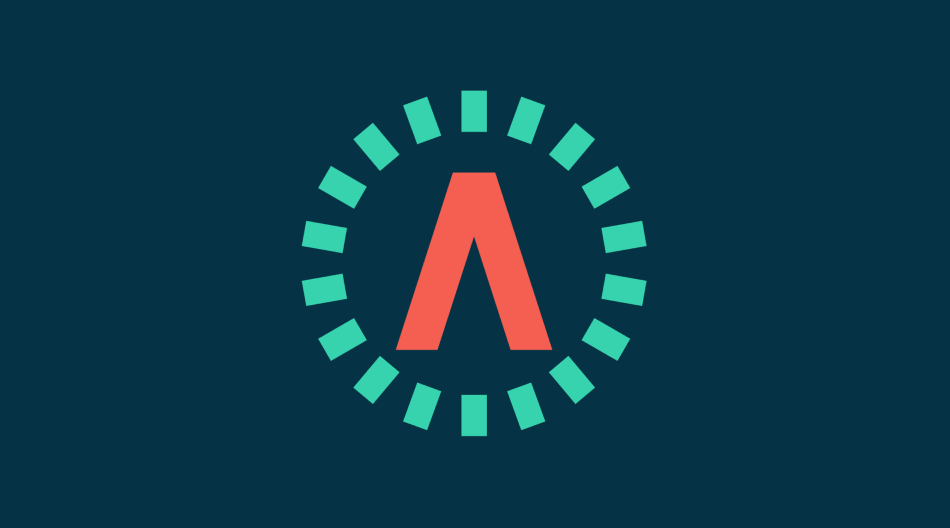Reflecting on humanitarian trends over the past decade, one thing is clear: localisation and/or locally led action are ways of working that are here to stay.
News and blogs
Start Fund supports a national NGO to curb the impact of an under-the-radar crisis caused by flash floods in the occupied Palestinian territories.
Supporting communities displaced by the Armenia-Azerbaijan border conflict
This grant sought to enable the creation of new methodologies to measure the success and impact of humanitarian interventions. The Community-Led Approaches to Monitoring, Evaluation, Accountability, and Learning (MEAL) Research Grant was created in…
A podcast series making the case for locally led humanitarian action.
Start Network is launching the #StartLocal - a live repository that compiles examples of locally led work.
Humanitarian crises are on the rise. This is not a surprise for people working in the international aid sector; we have seen an increase in the number and scale of these around the world.
Currently endorsed definitions of accountability to affected people continue to reinforce and be reflective of realities in which humanitarian organisations and donors hold power over crisis affected people...
Warmest wishes from all of us at Start Network, Christina Bennett, CEO and Suzanne Lyne, CFOO.
Listening and acting on community feedback is one way to enable the agency of communities and provide assistance that is both effective and dignified.
As Western donors and international non-governmental organisations (INGOs), we most often have disproportionate power in relation to local and national organisations.
A locally led humanitarian system that is accountable to people at risk or affected by crisis is also one where communities have agency and voice over humanitarian interventions that respond to their needs.

